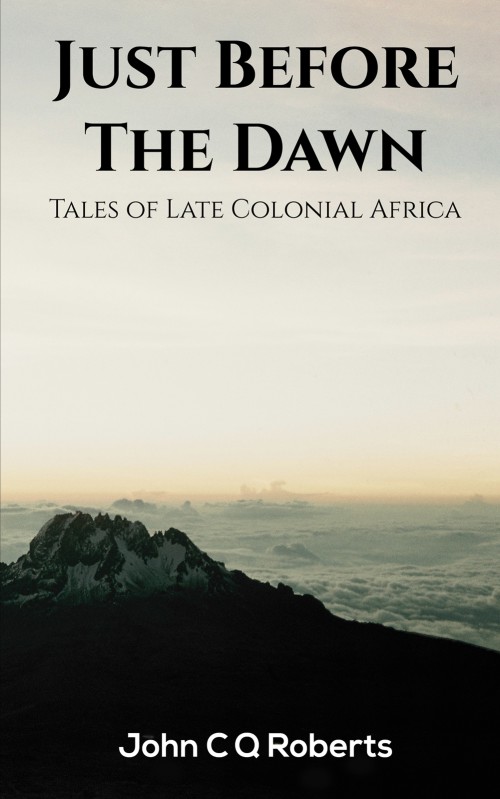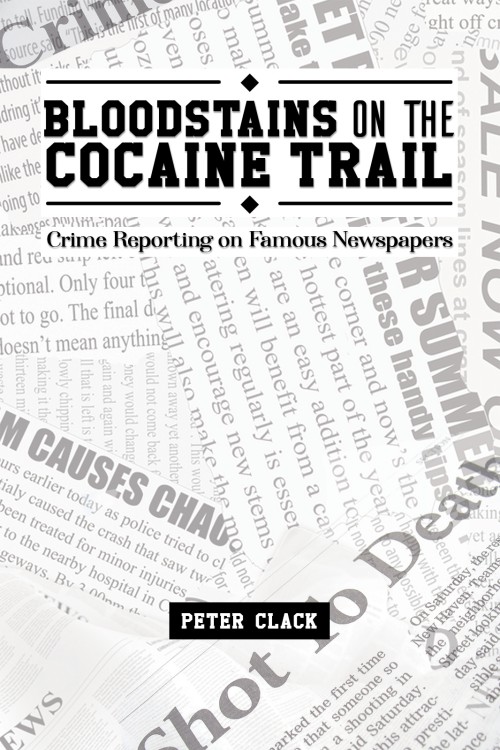Just Before the Dawn
JUST BEFORE THE DAWN is a ‘snap-shot’ of four former African colonies as they approached independence at the end of the 1950s. It is also a travel book based on the author’s experience and adventures whilst living and working at that time in Tanganyika, Zanzibar, Ruanda-Urundi (as they were then called) and Kenya. The book touches on those countries’ differing histories, both ancient and recent. It also offers the reminiscences of an elderly man pondering his first experiences of the worlds of work, and of love. The book’s leitmotif is dawn, along with its challenges: the coming dawn of change in those four countries, and in the author’s personal life. Additionally, he describes the magnificent dawn he experienced while climbing Mount Kilimanjaro, as seen on this cover.Some of the comments on the author’s book on Russia:‘A calm and objective witness for the truth’ – John Le Carré‘It affords twin pleasures of content and style’ – a reader in France‘An excellent book’ – Lord Wright of Richmond, former Head of the Diplomatic Service‘A fascinating account of conflicts and tensions’ – The Church Times‘Extraordinarily observant’ – Andrei Voznesensky, poet


